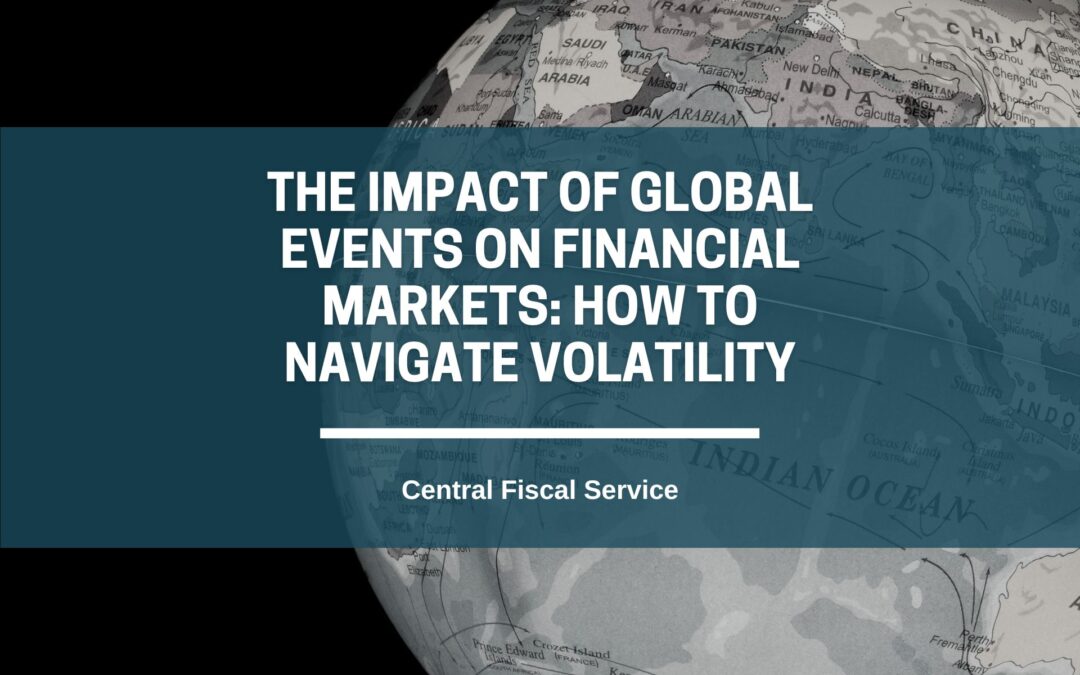As we stand on the cusp of a new year, the global economic landscape seems poised for a dance with volatility. Insights from the World Economic Forum’s Chief Economists Outlook suggest a prevailing sentiment among experts – a forecast of a weakened global economy in the coming year. For those keeping an eye on their financial horizons, it’s a signal to pay attention, as the winds of change blow across the economic stage.
The report underscores a key driver of this anticipated turbulence – geopolitics. The world is no stranger to the influence of political events on financial markets, and this year promises to be no different. Geopolitical tensions, both international and domestic, are anticipated to be major players in shaping the economic narrative. As we’ve witnessed in the past, such uncertainties can sway investor confidence and send ripples through markets worldwide.
China, often a linchpin in global economic dynamics, raises eyebrows with recent concerns. The nation’s economic downturn and signs of deflation have economists on alert. With trade volumes taking a hit and deflationary pressures looming, the Chinese economic landscape presents a puzzle that may take time to unravel.
However, amidst the clouds of uncertainty, rays of optimism break through. Projections indicate a slowdown in interest rate rises and a drop in inflation, providing a silver lining for the global economic outlook. Economists express confidence that the worst of the inflationary surge will ease, with a majority (86%) foreseeing a more subdued inflationary environment in the near future.
Regionally, the economic forecast unveils a tale of diverse fortunes. Asia, particularly South Asia, emerges as a beacon of growth, with a staggering 92% anticipating moderate to strong economic growth. Meanwhile, Europe faces a challenging year, with 77% predicting weak or very weak growth. The Middle East and North Africa, on the other hand, show promise, with 79% expecting moderate or strong growth in the coming years.
Closer to home, the United States experiences a positive shift in sentiment. Around 80% of surveyed economists foresee strong or moderate growth, marking a significant improvement from previous expectations.
One notable aspect of this economic narrative is its potential impact on global development goals. The report suggests that geopolitical tensions could pose hurdles in achieving the UN’s Sustainable Development Goals (SDGs) by 2030. With nearly three-quarters of experts expressing concern about the hindering effects of geopolitical tensions, there is a call for strategic measures to ensure progress toward these vital goals.
In conclusion, as we embark on the journey into the next year, the watchword is “volatility.” Understanding the interconnected nature of global events and their impact on financial markets is crucial. While challenges loom on the horizon, opportunities for growth and stability also present themselves. It’s a reminder that, in the dynamic dance of the global economy, a well-informed and adaptive approach is key to navigating the waves of change.

